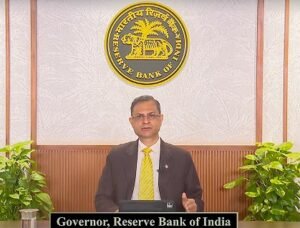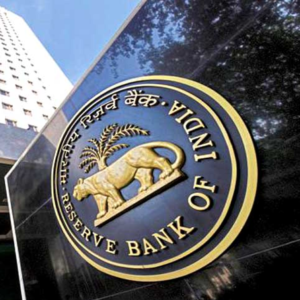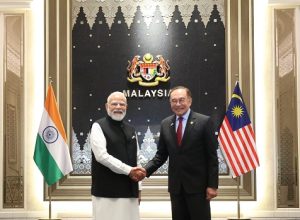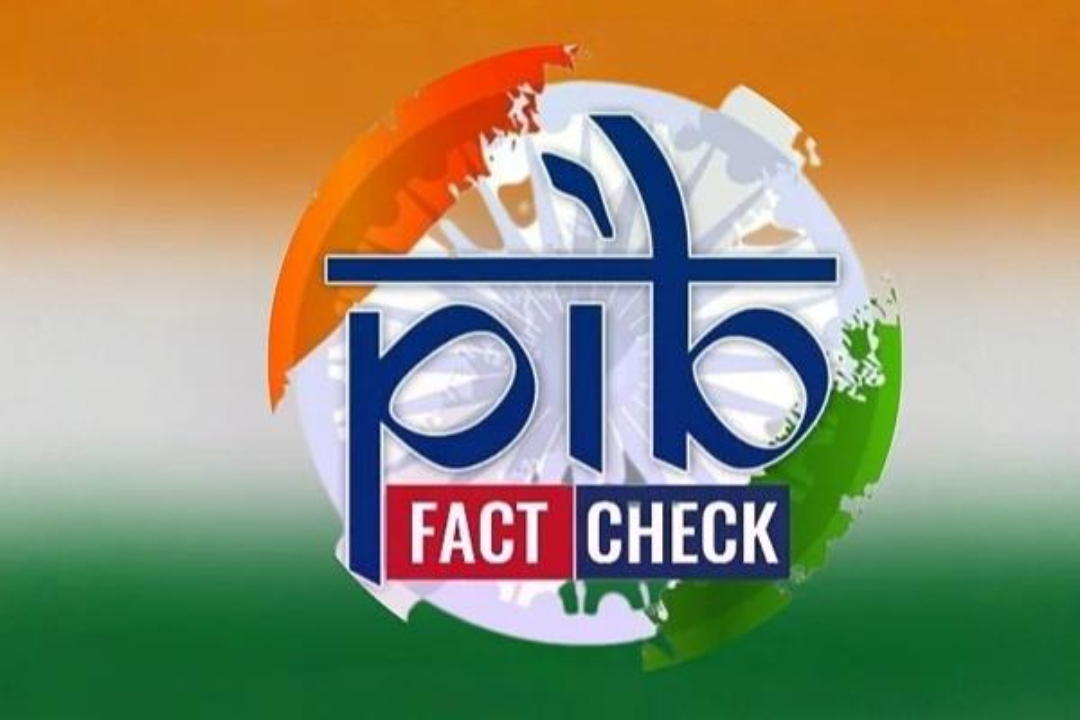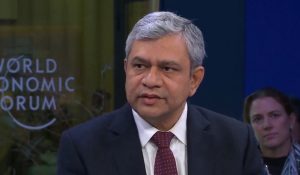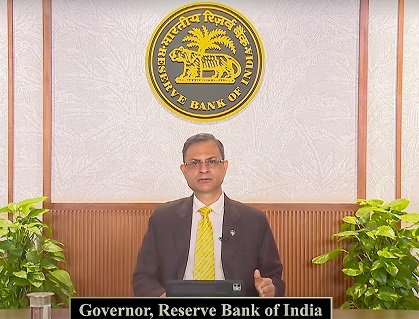
RBI Governor Sanjay Malhotra
Last Updated on October 1, 2025 8:58 pm by BIZNAMA NEWS
ADITYA RAJ DAS
The Reserve Bank of India (RBI) on Wednesday announced a fresh set of steps to expand the role of the Indian Rupee (INR) and other local currencies in international trade and finance. The move is part of New Delhi’s broader push to internationalise the rupee and reduce dependence on hard currencies such as the U.S. dollar.
Trade Boost with Neighbouring Countries
RBI Governor Sanjay Malhotra said India is steadily working to make the rupee more widely accepted for trade, finance, and investment worldwide. In line with this goal, the RBI will soon allow Authorised Dealer (AD) banks in India and their overseas branches to extend loans in rupees to residents and institutions in Bhutan, Nepal, and Sri Lanka. The initiative is aimed at facilitating cross-border trade and financial cooperation with these neighbouring economies. Regulatory amendments to enable this are expected shortly.
Expanded Currency Benchmarks
To further encourage settlement of cross-border transactions in INR and local currencies, the RBI will expand the reference exchange rates published by Financial Benchmarks India Limited (FBIL). Currently, FBIL issues rates for only four major currencies—USD, EUR, GBP, and JPY—against the rupee. Under the new framework, currencies of India’s key trading partners will be included. This expansion will allow banks to quote directly in more currency pairs, thereby cutting down multiple conversions and reducing transaction costs, making trade more efficient.
More Flexibility for SRVA Holders
The RBI also widened investment options for holders of Special Rupee Vostro Accounts (SRVAs), introduced in July 2022 to settle imports and exports in INR. Previously, SRVA balances could only be invested in government securities and treasury bills. Now, surplus funds can also be deployed in corporate bonds and commercial papers, giving investors greater flexibility and deepening India’s corporate debt market.
Strategic Push
Experts say these measures represent a strategic push to promote the rupee as a global settlement currency, reduce foreign exchange risks for Indian traders, and enhance the resilience of the domestic financial system.
……..

